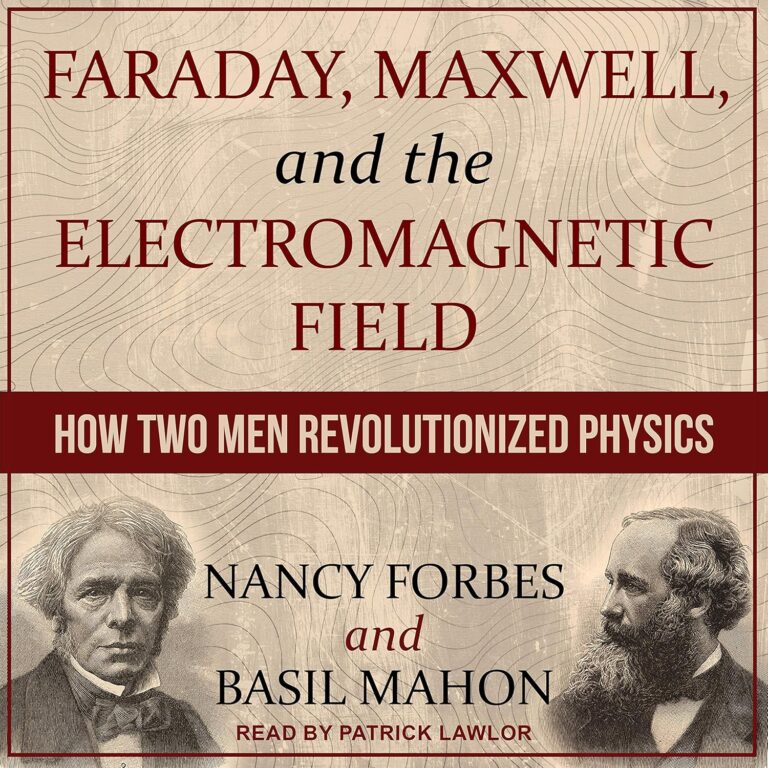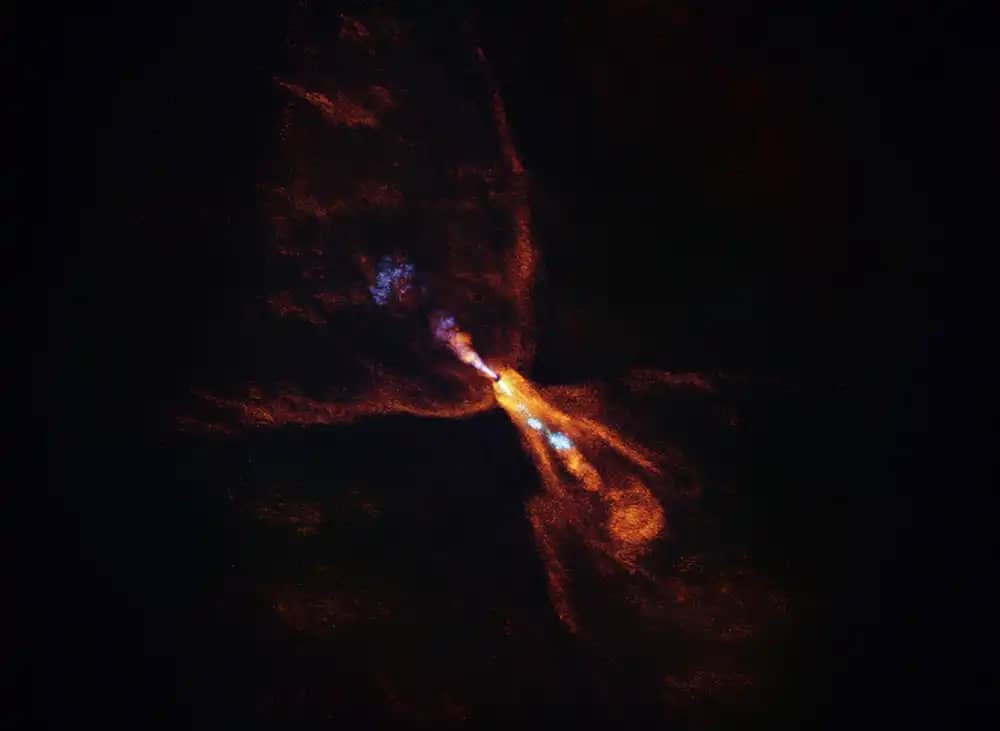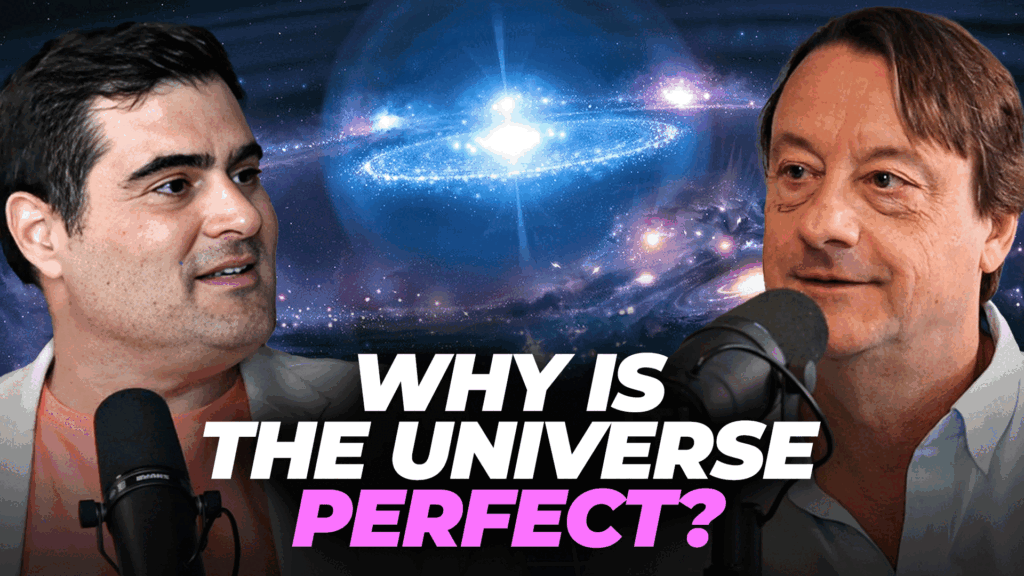Lessons from Mavericks: Rethinking How Science Moves Forward
Dear Magicians,
Lately, I’ve been reading a lesser-known book about the discovery—and really, the invention—of electricity. It’s fascinating. And it reminds me of how people are often jealous of mavericks whose only sin is enthusiasm.
Think about it: the smartest people alive, like Newton, were completely wrong about electricity. They thought it was something like a mysterious fluid. Not even close.
The book, Faraday, Maxwell, and the Electromagnetic Field, tells the story of how these two scientists kept changing their ideas as new evidence came in. For example, Faraday started with the idea that electricity was a kind of tension in wires, but later realized it was all about fields and invisible lines of force.
But here’s the thing. In every generation, there are bold thinkers whose ideas just seem wrong—or even ridiculous—to their peers. Maxwell and Faraday, now scientific legends, were mocked and dismissed in their own time. Maxwell’s theory, for instance, was called “a flight of fancy.” It was too weird, too abstract, too far from the intuitive mechanics everyone trusted. It involved the aether, supporting waves of light on invisible gears and vortices…It took years—and simplification by Heaviside and experimental proof by Hertz—for people to take it seriously.
This cycle hasn’t ended. Today, you see the same pattern with thinkers like Eric Weinstein. He’s proposed a theory called “Geometric Unity.” Now, I’m not saying his theory is right. I’m saying the reaction to it—the mockery, the refusal to even engage—is all too familiar. Science claims to be about testing ideas, but often it’s about protecting reputations. The gatekeepers reject the conversation before it starts, just as they did with fields and curved space.
Here’s a perfect example: In a recent video titled “Physicists are afraid of Eric Weinstein – and they should be,” Sabine Hossenfelder vents about the criticism and negativity directed at Weinstein. She points out that Eric’s appearance on Piers Morgan with Sean Carroll drew a wave of negative comments, much of it hypocritical. Sabine contrasts this hate with the behavior of other scientists, noting that many who criticize Eric don’t actually understand his work. She also critiques the state of theoretical physics, mentioning the repeated failure of unified theories over the last 40 years, while acknowledging Eric’s persistence and optimism.
Now, Maxwell took things even further than Faraday. He made a leap—maybe an even bigger one than Einstein, if you ask some physicists. Maxwell’s equations changed everything.
But here’s the strange part: most people still tmisunderstand electricity. For example, most people think electric fields flow through wires but they don’t.
Wild, right?
This book isn’t just about science. It’s about being willing to see what no one else sees. It’s about changing your mind when the facts demand it.
Mockery isn’t a scientific argument. If history teaches us anything, it’s that today’s “cranks” can become tomorrow’s prophets. The line between genius and madness is often drawn by time, not truth.
There’s a lesson there. And it’s more relevant than ever.
Until next time, have a M.A.G.I.C. Week,
Brian
Appearance
Click to see my Lecture at the Royal Instition, using experimental equipment that Faraday himself actually built.
Don’t forget to watch this Short — the second most-viewed one on the RI channel…7M+ views!
This lecture was one of the highlights of my professional career.
Genius
Astronomers discovered a fascinating baby solar system that’s just beginning to birth planets —it’s an amazing resource for revealing how and where planet formation starts.
Image
New Horizons, launched in 2006, became the first spacecraft to explore Pluto up close in 2015 and later flew by the distant Kuiper Belt object Arrokoth in 2019. Marking its 10th anniversary since the Pluto flyby, the mission continues to send back data from the outer edge of our solar system, revealing surprising complexity in Pluto and its moons.
Conversation
I sit down with Fred Adam, and we delve into big questions about fine tuning, the fate and future of the cosmos, and why our universe seems so perfectly suited for life. Is it a lucky accident, or does it point to deeper principles—or even a multiverse where countless alternate realities exist?
Along the way, we explore the latest twists in cosmological research, puzzle over the mysterious cosmological constant, and unpack the analogies (radio tuning, anyone?) that help make sense of the universe’s most mind-bending mysteries.
Advertisement
Voicepal is my AI-powered speaking coach, podcast partner, and content creation engine — all in one. Imagine recording a voice note… and instantly turning it into:
- ✍️ A fully written blog post or newsletter
- 🎧 A podcast-ready audio file
- 🎥 Short-form content for YouTube, TikTok, or Instagram
- 🧠 A structured script, summary, or idea map — automatically organized
That’s Voicepal. You talk. It thinks, writes, and polishes.
Most transcription tools give you raw text.
Most AI writing tools don’t understand your voice or intent.
Voicepal fuses both: It listens to how you speak and then helps you sound better — not different.
- Creative mode: Free-flow ideation that’s instantly structured into talking points, titles, and tweets.
- Publishing mode: Turn a 5-minute voice note into a publish-ready Substack or blog post.
- Coaching mode: Get tone, clarity, and structure feedback to improve your speaking presence.
It’s like having a ghostwriter, editor, and speech coach in your pocket — 24/7. Try it with my special discount code.
Advertisement
By popular demand, and for my mental health 😳, I am running a paid “Office Hours” where you all can connect with me for the low price of $19.99 per hour. I get a lot of requests for coffee, to meet with folks one on one, to read people’s Theories of Everything etc. Due to extreme work overload, I’m only able to engage directly with supporters who show an ongoing commitment to dialogue—which is why I host a monthly Zoom session exclusively for patrons in the $19.99/month tier.
It’s also available for paid Members of my Youtube channel at the Cosmic Office Hours level (also $19.99/month). Join here and see you in my office hours!
Upcoming Episode
Sam Arbesman will be on The INTO THE IMPOSSIBLE Podcast soon.
Sam is a complexity scientist and author of “The Magic of Code” who studies how knowledge evolves and why everything we think we know has an expiration date – from scientific facts to the hidden algorithms that increasingly run our world in ways we barely understand. He’s fascinating because he reveals how code has become like magic in modern society, shaping everything from our daily routines to global systems, while also mathematically mapping how human knowledge itself has a “half-life” just like radioactive elements.
What burning questions do you have about the hidden mathematics of knowledge, the invisible algorithms controlling our lives, or how complexity science explains our rapidly changing world?





